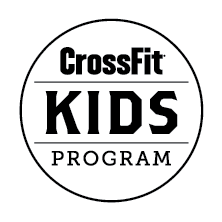Should You Be Counting Macros?
You may have heard people refer to ‘Macros’ or ‘Counting Macros’ when discussing their nutrition. Macronutrients, aka macros, refers to the three main sources of calories we consume- carbohydrates, proteins and fats.
Proteins are typically things like meat but also come from a variety of other sources. Proteins provide our body’s structure & components of enzymes, regulate body function & immune system health, and aids in hormone regulation.
Carbohydrates vary depending on the source, but these are items such as fruits, vegetables, and grains. Carbohydrates, aka Carbs, are our body’s main source of fuel. Carbs keep protein from being used as energy and aids in the oxidation (breakdown) of fat.
Fats come from plant and animal-based sources. Fats are a component of our membranes, aid in the absorption of fat-soluble vitamins, are essential for hormone production and function and are used as a source of energy.
Counting macros means that you are aiming for specific targets of each macronutrient in the foods you are consuming in order to achieve a total number of calories for the day. These numbers are determined in various ways but take into consideration several factors such as age, body composition, daily activity level, exercise volume and intensity.
Should you be counting macros? For most people, logging food and counting macros will provide them with the guidance they need to meet their goals, but it isn’t always the best solution for everyone. Here are a few things to consider:
- Does it fit in your current lifestyle?
- Do you want to weigh and measure the foods in order to log them?
- Do you need the added level of accountability?
- Can you consistently log everything you consume every single day?
If logging your food doesn’t seem like the right fit for you, then it probably isn’t. Here are a few things I look for in clients before asking them to log food:
- Consistently eating vegetables
- Eating every 3-4 hours
- Has a good daily routine and can easily add this task (as far as time in concerned)
- Is cooking and preparing at least 50-60% of their meals at home.
You do not need to be counting macros in order to succeed in your health and wellness goals. However, it can be a great tool for understanding what you are putting into your body and what your body needs in order to perform and function at its best.
Do a quick self-analysis by answering these questions to determine whether or not you think macro counting is ideal for you!
Coach Caileigh

